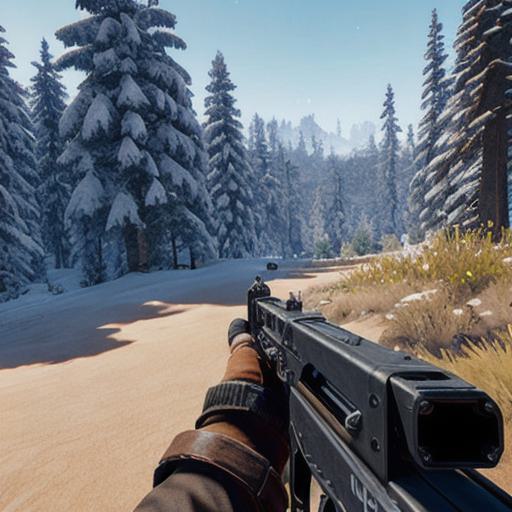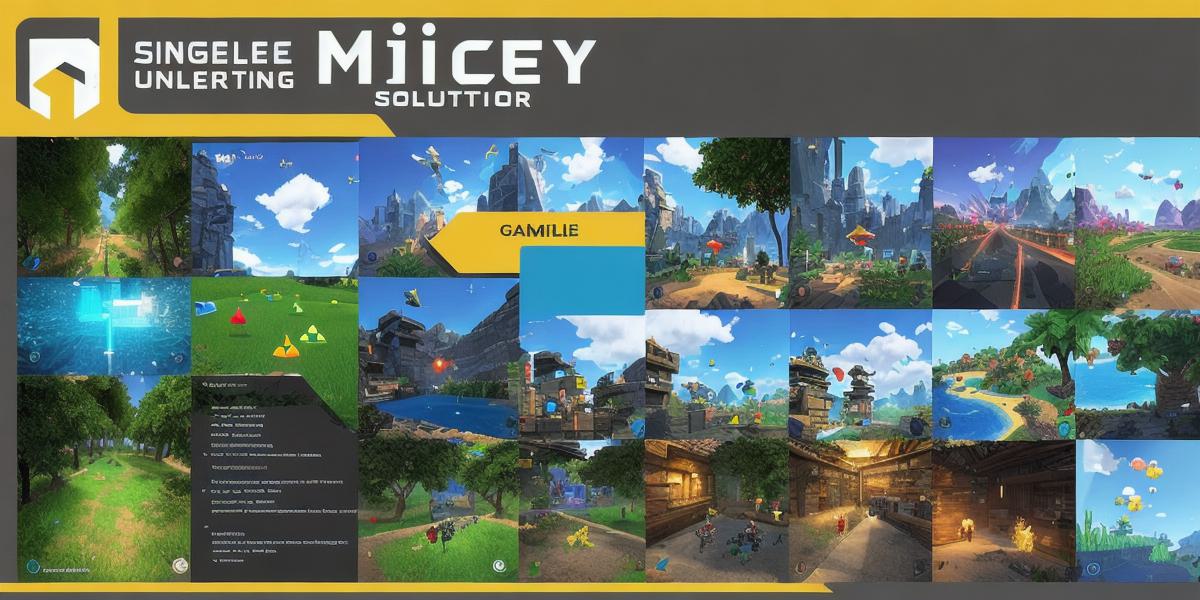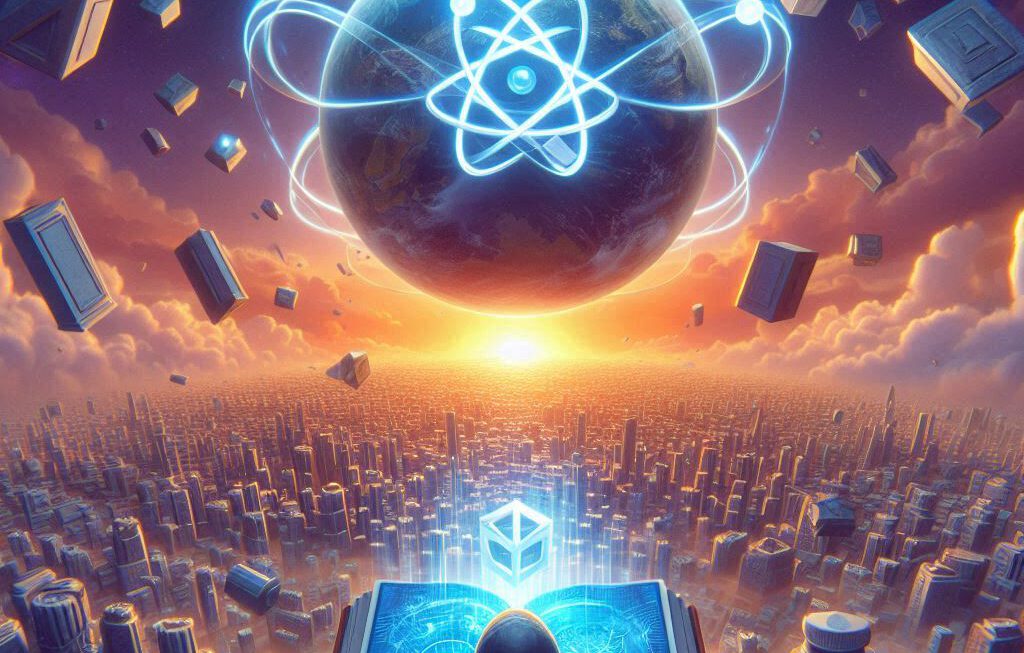Introduction:
Multiplayer games have become increasingly popular in recent years, with millions of players around the world joining forces to compete and collaborate. For game developers, creating engaging and seamless multiplayer experiences can be a challenging task. However, there are several Unity multiplayer solutions available that can help simplify the process and make it easier to develop high-quality games. In this guide, we’ll explore some of the best Unity multiplayer solutions for game development, along with their features, benefits, and drawbacks.
- Photon:
Photon is one of the most popular Unity multiplayer solutions, with over 2 million developers using it to create games with real-time multiplayer capabilities. It offers a range of tools and features that make it easy to implement multiplayer functionality into your game, including dedicated server hosting, matchmaking, and load balancing. Photon also supports both synchronous and asynchronous multiplayer, which means you can choose the best option for your game depending on its requirements.
One of the key benefits of using Photon is its scalability. It can handle large numbers of players and provide high-performance gameplay, making it a great choice for massively multiplayer games. Additionally, Photon has a strong community of developers who contribute to its open-source codebase, which means there’s plenty of support available if you need help with development or troubleshooting.

However, one downside of using Photon is that it can be complex to set up and configure, especially for developers who are new to multiplayer programming. Additionally, it requires a dedicated server to host the game, which can add to your costs.
- Unity Multiplayer Services:
Unity Multiplayer Services is another popular Unity multiplayer solution that offers a range of tools and features designed to simplify the development process. It includes built-in matchmaking, dedicated server hosting, and load balancing, making it easy to create real-time multiplayer games. Additionally, Unity Multiplayer Services integrates with other Unity services like Analytics and Cloud Save, which means you can track player behavior and save game data in the cloud for seamless cross-platform play.
One of the key benefits of using Unity Multiplayer Services is its simplicity. It’s designed to be easy to use, even for developers who are new to multiplayer programming. Additionally, it offers a range of templates and examples that can help you get started quickly and efficiently.
However, one downside of using Unity Multiplayer Services is that it has some limitations when it comes to scalability. It may struggle to handle very large numbers of players, which could lead to performance issues or downtime. Additionally, it requires a dedicated server to host the game, which can add to your costs.
- Photon Punch:
Photon Punch is a lightweight Unity multiplayer solution that’s designed for fast-paced games with low latency requirements. It offers a range of tools and features that make it easy to implement multiplayer functionality into your game, including dedicated server hosting, matchmaking, and load balancing. Photon Punch also supports both synchronous and asynchronous multiplayer, which means you can choose the best option for your game depending on its requirements.
One of the key benefits of using Photon Punch is its speed. It’s designed to be fast and lightweight, which means it can provide low-latency gameplay even on slower internet connections. Additionally, it has a small footprint, which means it won’t take up too much space on your developer machine or in your game client.
However, one downside of using Photon Punch is that it may not be suitable for all types of games. It’s best suited for fast-paced, action-oriented games with low latency requirements, and may struggle to handle more complex or strategic games. Additionally, it requires a dedicated server to host the game, which can add to your costs.
Case Studies:
To illustrate the benefits and drawbacks of these Unity multiplayer solutions, let’s take a look at some real-life examples.

- Photon in Action:
Photon was used to develop the popular mobile game "PUBG Mobile," which has millions of players around the world competing in real-time multiplayer battles. The game’s developers used Photon to implement dedicated server hosting, matchmaking, and load balancing, which helped ensure seamless gameplay for all players. - Unity Multiplayer Services in Action:
Unity Multiplayer Services was used to develop the popular PC game "Rust," which has a large and active community of players. The game’s developers used Unity Multiplayer Services to implement matchmaking, dedicated server hosting, and load balancing, which helped ensure a fair and balanced playing field for all players.



